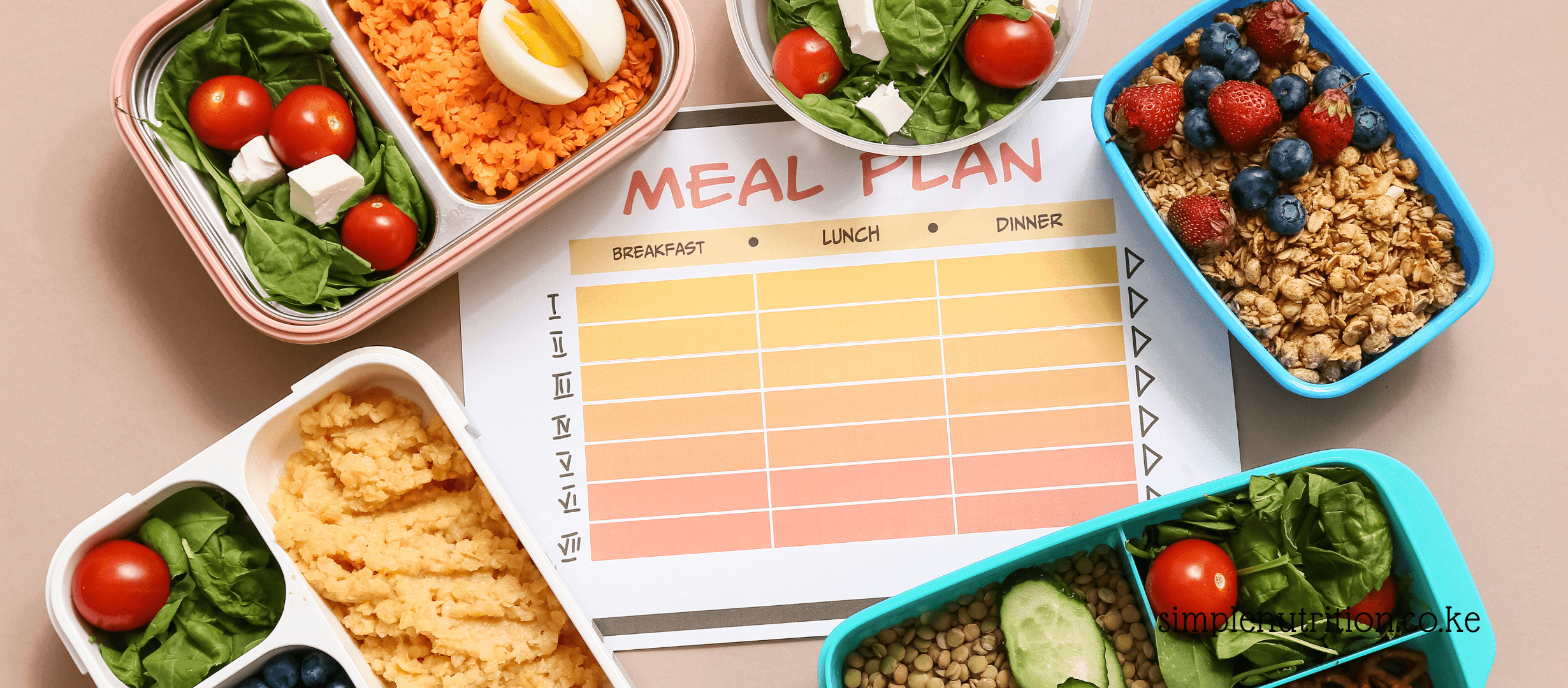Insulin resistance occurs when your body’s cells don’t respond effectively to insulin, leading to higher blood sugar levels.
For example, if you often feel fatigued, have cravings for sugary foods, or notice unexplained weight gain, these could be signs of insulin resistance.
Causes of insulin resistance.
- Increased Sugar Intake: Eating large amounts of sugary foods and drinks can spike blood sugar levels. For example, regularly drinking sugary sodas or consuming sweets can lead to insulin resistance.
- Refined Carbohydrates: Diets high in white bread, pastries, and other refined grains can cause rapid blood sugar increases. For instance, a daily breakfast of sugary cereals can contribute to insulin resistance.
- Excessive Saturated Fats: Diets rich in saturated fats, found in fatty meats and full-fat dairy products, can impair insulin function. An example is regularly eating bacon or sausage with breakfast.
- Low Fiber Intake: A diet lacking in fiber-rich foods, such as fruits, vegetables, and whole grains, can affect blood sugar regulation. For example, not including enough vegetables and whole grains in meals.
- High Caloric Intake: Consuming more calories than the body needs, especially from unhealthy sources, can lead to weight gain and insulin resistance. For instance, frequent fast-food meals high in calories and unhealthy fats can contribute to insulin resistance.
How does insulin resistance happen?
Insulin resistance develops when the body’s cells become less responsive to insulin, a hormone produced by the pancreas that regulates blood sugar levels.
Under normal conditions, insulin helps cells take in glucose from the bloodstream for energy or storage. When you eat, your blood sugar rises, triggering insulin release to manage that increase.
With insulin resistance, cells, particularly in muscles, fat, and the liver, do not respond effectively to insulin. This reduces response means that glucose remains in the bloodstream rather than being absorbed by the cells.
In response to the rising blood sugar levels, the pancreas compensates by producing more insulin to help glucose enter the cells. This results in higher insulin levels in the blood, a condition known as hyperinsulinemia.
Over time, excessive insulin can lead to increased fat storage, particularly visceral fat around the abdomen. This fat can further contribute to insulin resistance.
Genetics, sedentary lifestyle, poor diet (high in sugars and refined carbs), and obesity are significant contributors.
What does insulin resistance lead to?
Insulin resistance can lead to several serious health conditions, that include:
- Prediabetes: Elevated blood sugar levels that are not yet high enough to be classified as diabetes, increasing the risk of developing type 2 diabetes.
- Type 2 Diabetes: A chronic condition where the body can no longer effectively use insulin, leading to persistent high blood sugar levels.
- Cardiovascular Disease: Insulin resistance is associated with an increased risk of heart disease and stroke due to factors like high blood pressure, high cholesterol, and increased inflammation.
- Metabolic Syndrome: A cluster of conditions, including obesity, hypertension, and dyslipidemia, that together increase the risk of heart disease and diabetes.
- Fatty Liver Disease: Accumulation of fat in the liver can lead to non-alcoholic fatty liver disease (NAFLD), which can progress to liver damage and inflammation.
- Polycystic Ovary Syndrome (PCOS): Insulin resistance can contribute to hormonal imbalances in women, leading to conditions like PCOS, characterized by irregular periods, excess hair growth, and infertility.
How can I prevent insulin resistance?
What to Eat;
- Whole Grains: Choose whole grains like brown rice, quinoa, and whole wheat bread over refined grains. They have more dietary fibre and nutrients, which help regulate blood sugar.
- Fruits and Vegetables: Aim for a variety of colorful fruits and vegetables. They are rich in fiber, vitamins, and antioxidants, which support good health.
- Lean Proteins: Include sources like chicken, turkey, fish, beans, and legumes. Proteins help maintain muscle mass and improve satiety.
- Healthy Fats: Opt for unsaturated fats from sources like avocados, nuts, seeds, and olive oil. These fats can help improve insulin sensitivity.
- Fermented Foods: Incorporate yogurt, kefir, sauerkraut, and other fermented foods, which can support gut health and potentially improve insulin sensitivity.
- Low Glycemic Index Foods: Choose foods that have a low glycemic index (GI), like lentils, potatoes, and most vegetables, as they have a lesser impact on blood sugar levels.
What to Avoid;
- Sugary Foods and Beverages: Limit intake of sodas, sweets, and baked goods that are high in added sugars. These can cause rapid spikes in blood sugar.
- Refined Carbohydrates: Avoid white bread, pastries, and other processed foods that contain refined grains, which can lead to insulin spikes.
- Saturated Fats: Stay away from saturated fats found in many processed snacks and fried foods, as they can worsen insulin resistance.
- High-Calorie Processed Foods: Limit fast food and convenience foods that are often high in calories, unhealthy fats, and sugars.
- Excessive Alcohol: Moderation is key; excessive alcohol consumption can affect liver function and insulin sensitivity.
Regular physical activity and maintaining a healthy weight are also crucial in supporting insulin sensitivity.
Discover more from Simple Nutrition
Subscribe to get the latest posts sent to your email.





